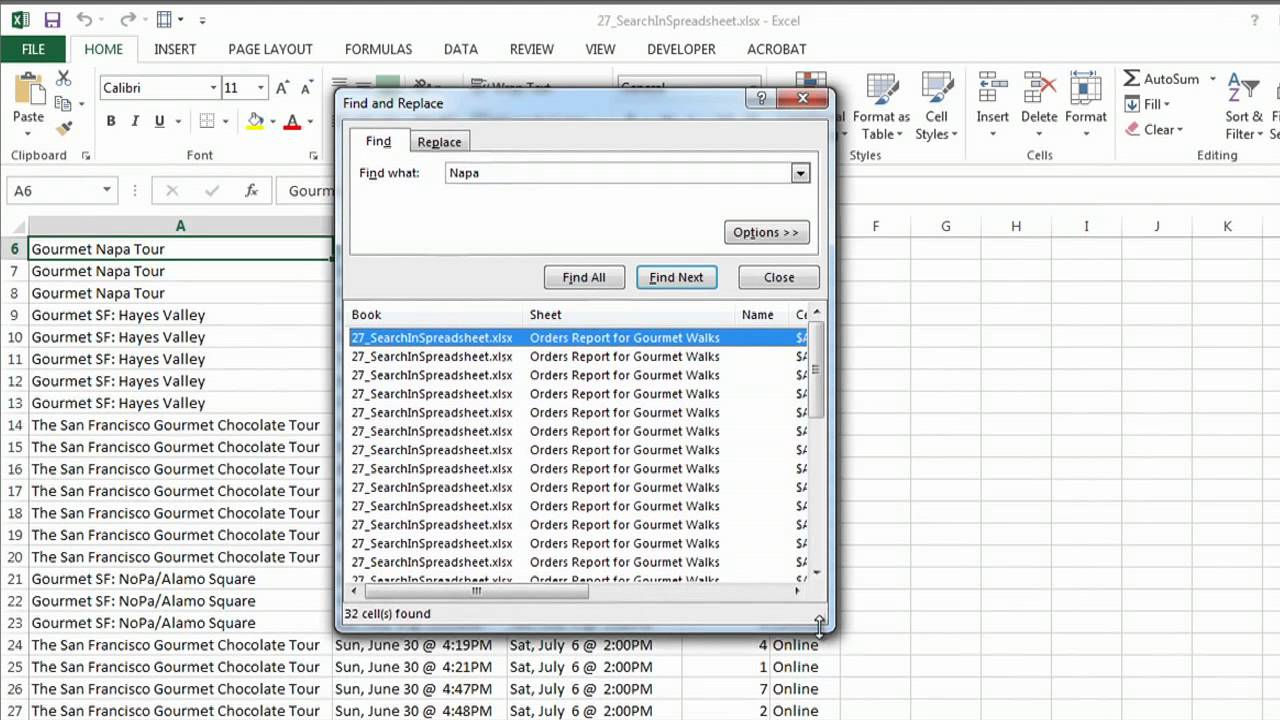Lock Your Excel Sheet: Easy Security Tips

Keeping your Excel sheets secure is crucial in today's digital world. Whether you're handling sensitive financial data, confidential employee information, or planning for future business strategies, unauthorized access can result in data breaches, financial losses, and significant privacy violations. This post outlines simple yet effective security tips to lock your Excel sheet and protect your data from prying eyes.
Why Secure Your Excel Sheets?

Security isn't just about keeping out the bad actors; it's also about:
- Data Integrity: Preventing accidental changes or deletions.
- Confidentiality: Limiting access to sensitive data.
- Audit Trails: Tracking who has accessed or modified your document.
Steps to Secure Your Excel Sheet

Here's how to ensure your Excel sheet remains private and secure:
1. Password Protect Your Workbook

To prevent unauthorized access, Excel provides an option to password-protect the entire workbook:
- Open your Excel workbook.
- Go to File > Info > Protect Workbook.
- Select Encrypt with Password.
- Enter a strong password and confirm it.
This will lock your workbook from being opened without the password.
⚠️ Note: Remember to choose a strong password. Avoid using easily guessable information like birthdays or names. Include numbers, symbols, and both upper and lowercase letters for enhanced security.
2. Protect Specific Sheets

If you only need to secure parts of your workbook, you can protect individual sheets:
- Right-click on the sheet tab you wish to protect and choose Protect Sheet.
- In the “Protect Sheet” dialog box, set permissions for what users can do on the sheet.
- Enter a password for protection and confirm.
3. Hide Formulas

To hide formulas so they cannot be edited or seen:
- Select the cells containing formulas.
- Right-click, choose Format Cells, and go to the Protection tab.
- Check Hidden.
- Protect the sheet as described above.
4. Set Up Read-Only Mode

If you want to share the workbook but prevent changes:
- Open the workbook.
- Go to File > Info > Protect Workbook > Always Open Read-Only.
🔒 Note: Read-only mode doesn't prevent users from creating a copy of the file to edit. Use this feature to preserve the original document.
5. Add Digital Signatures

Adding a digital signature to your document ensures that any changes made after signing will be evident:
- Go to File > Info > Protect Workbook > Add a Digital Signature.
- Create or acquire a digital certificate.
- Sign the document.
6. Tracking Changes

To keep an audit trail:
- Enable tracking changes: Review > Track Changes > Highlight Changes > Track changes while editing.
- Select what kind of changes to track and who has made them.
Excel offers several levels of security to meet different needs. Depending on your requirements, you can lock an entire workbook or just certain sheets, hide formulas, use read-only mode, or track changes for accountability.
Best Practices for Excel Security

Implementing these security measures alone is not enough. Here are some best practices:
- Regular Backups: Always have a backup of your Excel files to recover from any data loss.
- Keep Excel Updated: Regularly update Excel to protect against vulnerabilities.
- Limit Access: Share your Excel files only with those who need access.
- Educate Users: Train colleagues on the importance of security and password management.
- Use External Security Tools: Consider additional third-party tools for enhanced security.
By securing your Excel sheets with these tips, you're safeguarding your data from unauthorized access, accidental changes, and ensuring the integrity of your work. Security in Excel isn't just about preventing harm but also about maintaining data integrity and privacy.
Can I unlock my Excel sheet if I forget the password?

+
Unfortunately, Excel does not provide a built-in method to recover or reset a forgotten password. However, there are third-party tools available which claim to unlock protected Excel sheets, but their use could violate Microsoft’s terms of service.
Is encrypting with a password the most secure method in Excel?

+
Password encryption in Excel provides strong protection. However, its security level depends on the password’s strength. Using complex passwords and ensuring no unauthorized backups exist enhances its security.
What should I do if I suspect my Excel sheet has been tampered with?

+
If you suspect tampering, review the tracked changes or signatures for any discrepancies. Immediately change passwords, limit access, and consider contacting your IT department for further investigation or recovery of previous versions from backups.